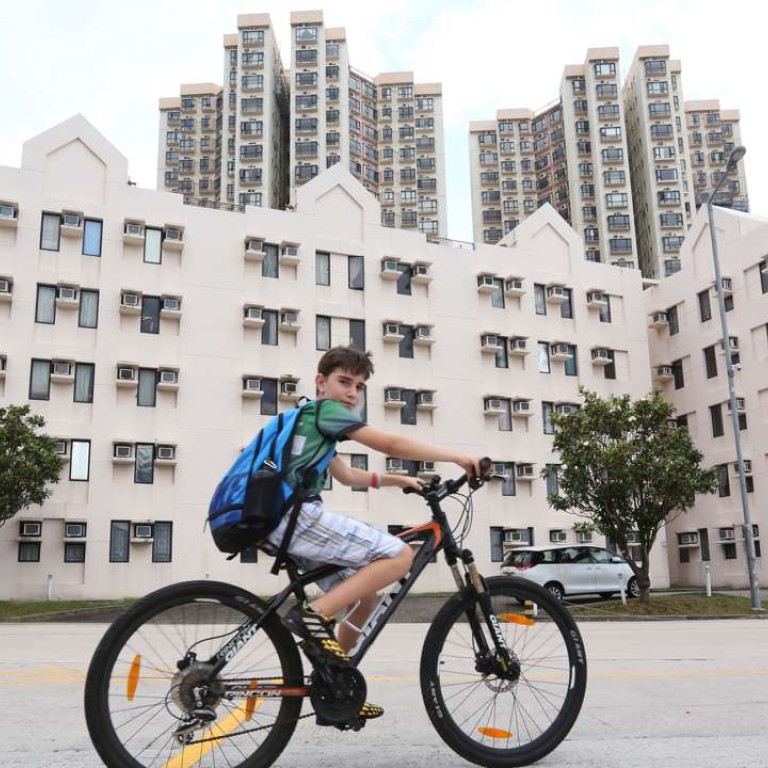
Delve deeper to find Hong Kong’s true cost of living
Any expat’s financial reckoning on coming here, should boil down to one choice: to pay through the nose for a gweilo lifestyle, or live cheap, like a local.
On the strength of its dollar, Hong Kong has surpassed Shanghai to become the second most expensive city in Asia Pacific, trailing only Tokyo, according to a survey comparing the cost of living worldwide.
SCMP, June 9
The official write-up of this survey included two words we missed in our report – “for expatriates”.
We did, however, pick up the survey words “... accommodation ... not included ...” Nor were utilities, car purchases and school fees.
Oh, well. You know.
I do not recognise the publishers of this survey, ECA International, but this should be no surprise. There are 26 letters in the alphabet and if you wish to be a follower of fashion in corporate names these days you take any three of them (but not two or four), which gives you 17,576 possibilities, quite a range.
You then add the word “International” or “Services” or “Logistics” and you’re in business.
ECA is apparently in the business of advising companies how to treat employees they send abroad. It is a lucrative business. There are many players in this field and one big question faces them all – How do we get the attention of the emperors of the human resources departments we are targeting?
There is an invariable answer in all cases. You get up a fancy survey on the cost of living abroad and you wow them with science.
But, of course, the cost of a bowl of wonton noodles at a Kowloon street stall and minibus fares in the New Territories are not included in such surveys.
They do not constitute the expatriate lifestyle. No human resources department in Frankfurt will pay such local living costs any notice.
ECA is unusual among publishers of these sorts of surveys in that it does not even take account of housing or education.
It reasons that since home office will cover these costs anyway, they will not form part of the expatriate’s disposable income and therefore will have no influence on the choice of whether or not to go.
This in turn tells you that we are not even looking here at Hong Kong expatriates in general but at the small subset that comes here on overpaid two-year contracts, lives in company paid gweilo ghettos in Mid-Levels, the Peak or Repulse Bay and goes back again in four years because the spouse has turned homesick.
We are talking, in other words, of about 0.1 per cent, which would mean 7,000 people.
The difference from the 19th century expatriate world is that it used to be eight or ten years back then, because of the high cost of transport back home. Otherwise the thinking is much the same with the same slightly racist tinge.
Does Frankfurt really believe that Hong Kong people are so deficient in ability or so much more minded to larceny that the hugely higher cost of sending Frankfurt people here will prove the more profitable option? If so, why bother to come at all. This is clearly not a place with any future.
And if Frankfurt argues that a common culture with head office fosters better communication, does this not carry the danger of worse communication with the Hong Kong culture that Frankfurt seeks to exploit for greater profit?
I am of the view, however, that in the next economic downturn this sort of 19th century thinking about expatriate existence will come up against the same realities it always encounters in hard times.
The money will run short, more contract expatriates will be called back home and localism will evolve further by force of circumstance.
Which will mean even less prospect of business for ECA International and then I will never learn what ECA stands for. How sad.
Meanwhile, rents in public housing, about 35 per cent of our housing stock, amount to only about HK$1,200 a month, while public sale housing, another 15 per cent, was sold at steep discounts and about half of private housing, at a guess, is held mortgage free.
Then we get virtually free public hospital medical care, free education, low cost transport and the list goes on and on.
Live the contract-expatriate lifestyle and pay through the nose. Or live the local lifestyle and live cheap. That’s the Hong Kong way.

